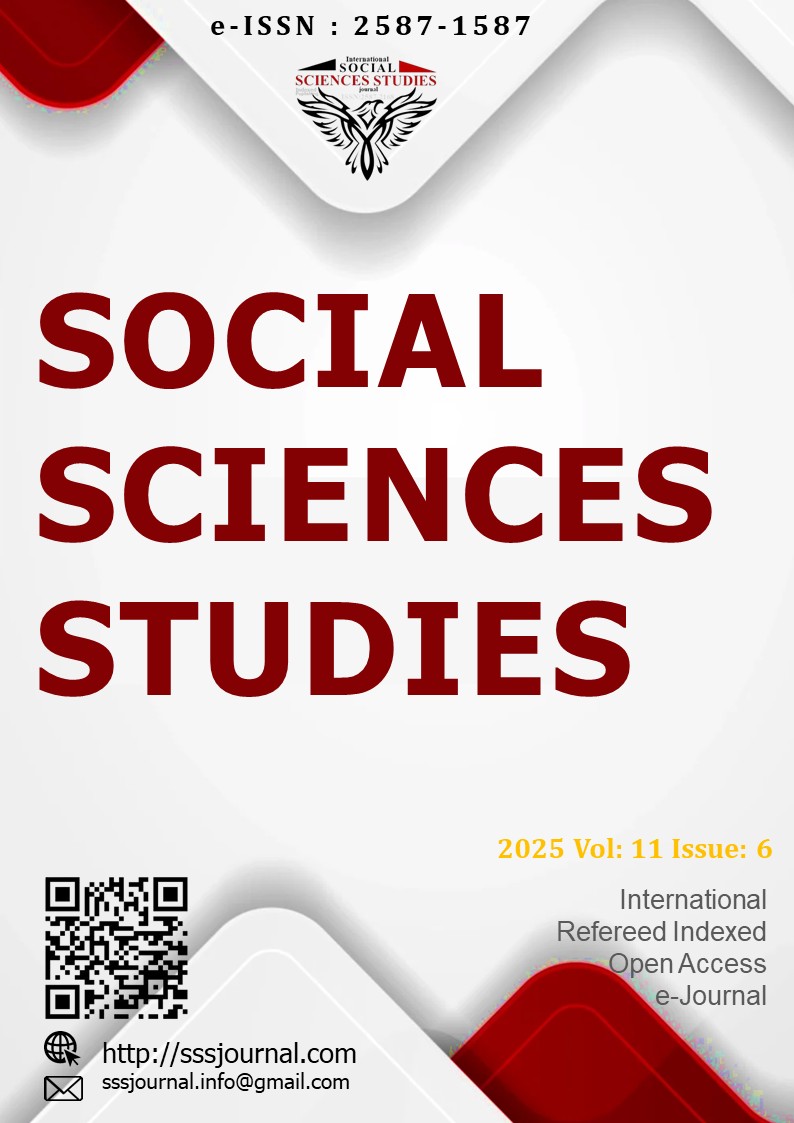Kadınların Anne Olamama Korkusu Üzerine Yardımcı Üreme Teknikleri Bağlamında Sosyolojik Bir Değerlendirme
Author :
Abstract
Geleneksel ataerkil toplumlarda annelik, kadınlara yüklenen temel rollerden biri olarak görülmektedir. Kadınların ev içi sorumluluklarının yanı sıra, annelik de toplumsal bir zorunluluk olarak kabul edilmekte ve bu durum, kadının bireysel tercihlerini şekillendirmektedir. Günümüzde kadınların eğitim ve iş hayatına daha fazla dahil olmaları nedeniyle annelik, önceki dönemlere kıyasla ertelenebilir bir olgu olarak değerlendirilse de toplumsal normlar çerçevesinde hâlâ bir gereklilik olarak algılanmaktadır. Ancak biyolojik ve fizyolojik faktörler bazı kadınlar için doğal yolla gebeliği zorlaştırmakta ya da imkânsız hale getirebilmektedir. Bu durum, kadınların sosyal çevrelerinden gördükleri baskıyı artırarak özgüven eksikliği ve yetersizlik algısı gibi psikolojik etkiler doğurabilmektedir. Bu çalışmada, yardımcı üreme teknikleri ile gebelik elde eden kadınların annelik algılarındaki değişim sosyolojik bir bakış açısıyla incelenmiştir. Araştırma kapsamında, 14 katılımcıyla yarı yapılandırılmış görüşmeler gerçekleştirilmiş ve elde edilen veriler analiz edilmiştir. Bulgular, katılımcıların uzun ve zorlu bir tedavi süreci sonunda anne olduklarını, bu süreçte maddi ve manevi açıdan yoğun çaba sarf ettiklerini ve tedavi sürecinin belirsizliği nedeniyle annelik algılarının değiştiğini göstermektedir. Çalışma sonucunda, yardımcı üreme teknikleri ile anne olan kadınların anneliğe yönelik tutumlarının, gebelik öncesine kıyasla daha kıymetli ve anlamlı bir hale geldiği tespit edilmiştir.
Keywords
Abstract
In traditional patriarchal societies, motherhood is regarded as one of the fundamental roles assigned to women. In addition to domestic responsibilities, motherhood is perceived as a societal obligation, shaping women's individual choices. Although increased participation of women in education and the workforce has made motherhood a more postponable phenomenon compared to previous periods, it is still considered a necessity within the framework of social norms. However, biological and physiological factors can make natural conception difficult or even impossible for some women. This situation intensifies social pressure, leading to psychological effects such as a lack of self-confidence and feelings of inadequacy. This study examines changes in the perception of motherhood among women who conceive through assisted reproductive technologies from a sociological perspective. The research was conducted through semi-structured interviews with 14 participants, and the collected data were analyzed. The findings indicate that participants underwent a long and challenging treatment process to become mothers, invested significant financial and emotional resources, and experienced a shift in their perception of motherhood due to the uncertainty of the treatment outcomes. The results suggest that for women who became mothers through assisted reproductive technologies, their perception of motherhood became more valuable and meaningful compared to the pre-treatment period. This study highlights the influence of social norms on women's motherhood experiences and contributes to the understanding of the individual and societal dimensions of motherhood in the context of assisted reproductive technologies.





